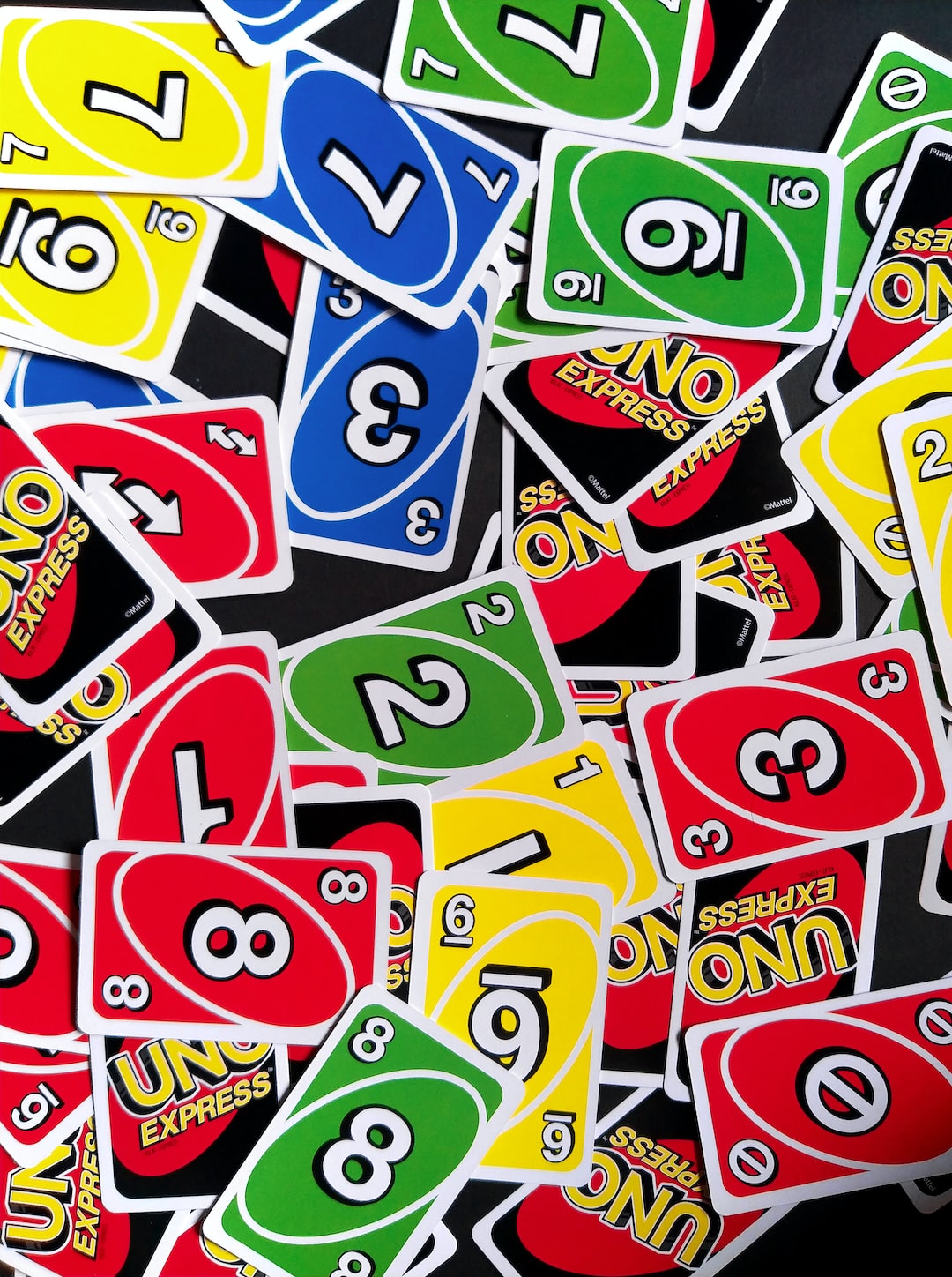The Controversies Surrounding Loot Boxes in Gaming
Gaming has come a long way since its inception, evolving from simple pixelated games to beautifully crafted virtual worlds with realistic graphics. As games have evolved, so have the ways in which game developers monetize their creations. One such controversial method is the inclusion of loot boxes in video games. Loot boxes have sparked a heated debate among gamers, regulators, and industry professionals alike. In this blog post, we will explore the controversies surrounding loot boxes in gaming.
To begin with, let’s understand what loot boxes are. Loot boxes are virtual items that players can purchase within a game. These boxes contain random virtual items, such as in-game currency, character skins, weapons, or other cosmetic items. The appeal of loot boxes lies in the element of surprise and the chance to obtain rare or valuable items. However, it is this element of chance that has raised concerns.
The foremost controversy associated with loot boxes is their similarity to gambling. Critics argue that the randomized nature of loot boxes resembles slot machines or roulette wheels found in casinos. They claim that this can lead to addictive behavior and can be particularly harmful to vulnerable individuals, such as children and people with gambling addictions. This concern has prompted some countries, including Belgium and the Netherlands, to consider regulating loot boxes as gambling.
Another controversial aspect of loot boxes is their impact on the gaming experience. A common criticism is that loot boxes introduce a pay-to-win mechanic, where players who spend real money on loot boxes have an advantage over those who do not. This can create an imbalance between players and undermine the skill-based nature of games. Additionally, some argue that loot boxes can disrupt the sense of achievement and satisfaction that comes from earning rewards through skill and dedication.
Furthermore, loot boxes have been accused of exploiting players, particularly children, by employing manipulative psychological tactics. Game developers use strategies like flashy animations, sound effects, and timers to create a sense of anticipation and encourage players to make additional purchases. This raises ethical concerns about the deliberate design of loot boxes to maximize revenue, potentially at the expense of players’ well-being.
In response to the controversies, various actions have been taken. Some game developers have chosen to remove loot boxes from their games altogether, opting for alternative monetization models. Others have implemented disclosure mechanisms to inform players about the odds of obtaining different items. Regulators have also begun to take action, either by classifying loot boxes as gambling or by proposing legislation to regulate their use.
Nevertheless, the debate continues. Supporters argue that loot boxes are a legitimate way for game developers to generate revenue and maintain the longevity of their games without relying solely on upfront purchases. They also claim that loot boxes offer players the opportunity to acquire rare items that they wouldn’t otherwise be able to obtain. Additionally, supporters argue that players have the choice to engage with loot boxes or not, and that regulating them could limit creative freedom within the gaming industry.
In conclusion, the controversies surrounding loot boxes in gaming are intricate and multifaceted. The debate touches upon issues such as gambling, the impact on gameplay, and potential exploitation of players. While some argue for stricter regulation or the complete removal of loot boxes, others maintain that they are a valid and optional component of the gaming experience. As the industry evolves, finding a balance between monetization and player welfare will be crucial to ensure the continued success and enjoyment of gaming for all.

